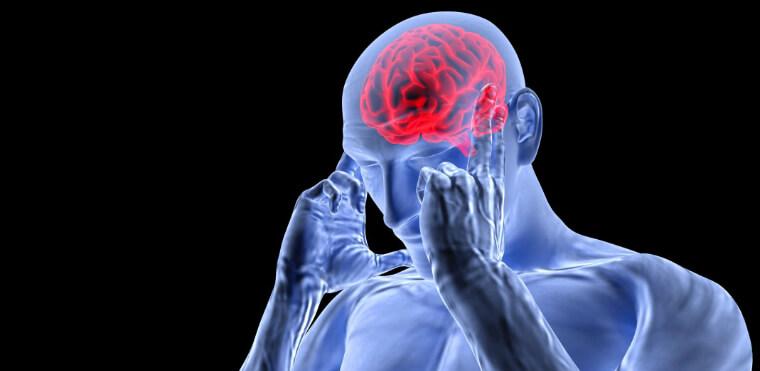Social anxiety disorder is a common type of anxiety disorder. A person with social anxiety disorder feels symptoms of anxiety or fear in situations where they may be scrutinized, evaluated, or judged by others, such as speaking in public, meeting new people, dating, being on a job interview, answering a question in class, or having to talk to a cashier in a store. Doing everyday things, such as eating or drinking in front of others or using a public restroom, also may cause anxiety or fear due to concerns about being humiliated, judged, and rejected.
The fear that people with social anxiety disorder have in social situations is so intense that they feel it is beyond their control. For some people, this fear may get in the way of going to work, attending school, or doing everyday things. Other people may be able to accomplish these activities but experience a great deal of fear or anxiety when they do. People with social anxiety disorder may worry about engaging in social situations for weeks before they happen. Sometimes, they end up avoiding places or events that cause distress or generate feelings of embarrassment.
Some people with the disorder do not have anxiety related to social interactions but have it during performances instead. They feel symptoms of anxiety in situations such as giving a speech, competing in a sports game, or playing a musical instrument on stage.
Social anxiety disorder usually starts during late childhood and may resemble extreme shyness or avoidance of situations or social interactions. It occurs more frequently in females than in males, and this gender difference is more pronounced in adolescents and young adults. Without treatment, social anxiety disorder can last for many years, or even a lifetime.
What are the signs and symptoms of social anxiety disorder?
When having to perform in front of or be around others, people with social anxiety disorder may:
● Blush, sweat, or tremble.
● Have a rapid heart rate.
● Feel their “mind going blank,” or feel sick to their stomach.
● Have a rigid body posture, or speak with an overly soft voice.
● Find it difficult to make eye contact, be around people they don’t know, or talk to people in social situations, even when they want to.
● Feel self-consciousness or fear that people will judge them negatively.
● Avoid places where there are other people.


What causes social anxiety disorder?
Risk for social anxiety disorder may run in families, but no one knows for sure why some family members have it while others don’t. Researchers have found that several parts of the brain are involved in fear and anxiety and that genetics influences how these areas function. By studying how the brain and body interact in people with social anxiety disorder, researchers may be able to create more targeted treatments. In addition, researchers are looking at the ways stress and environmental factors play a role in the disorder.
How is social anxiety disorder treated?
If you’re concerned you may have symptoms of social anxiety disorder, talk to a health care provider. After discussing your history, a health care provider may conduct a physical exam to ensure that an unrelated physical problem is not causing your symptoms. A health care provider may refer you to a mental health professional, such as a psychiatrist, psychologist, or clinical social worker. The first step to effective treatment is to get a diagnosis, usually from a mental health professional.
Social anxiety disorder is generally treated with psychotherapy (sometimes called “talk therapy”), medication, or both. Speak with a health care provider about the best treatment for you.



